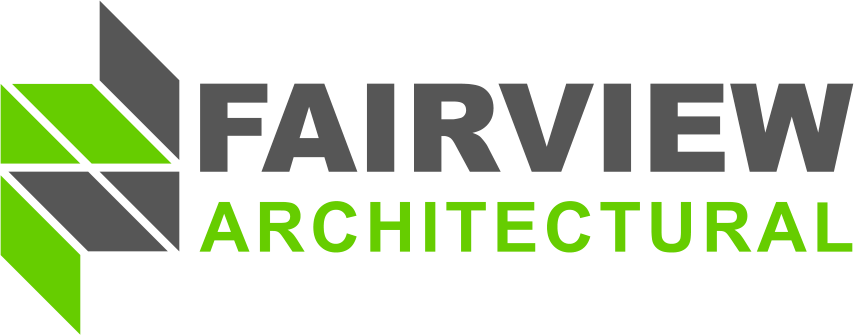Explore the Technical Differences of Vitraplate & Vitrabond
Same Fold, Different Core
| Feature | Vitraplate (Solid Aluminum Plate) | Vitrabond (Aluminum Composite Material) |
|---|---|---|
| Composition | 100% Solid Aluminum. No core material. | Fire-resistant core between two aluminum or natural metal sheets. |
| Fire Rating | Non-combustible: ASTM E136, NFPA 285, ASTM E119, ASTM E84. Offers the clearest path to code compliance (best for high-rise or institutional projects). | Pass: ASTM E84, NFPA 285, CAN/ULC – S134. |
| Formability (End Result) | Achieves the same complex folds and bends as ACM but with added rigidity. | Easily achieves all necessary bends and folds. |
| Fabrication Method | Requires routing/scoring or brake forming along the bend line. Retains the structural integrity of the solid metal. Can be formed with a press brake, but we recommend back-routing. | Achieved by routing the core and one aluminum skin, then folding the remaining skin. |
| Cost | Generally higher material cost per square foot due to the volume of aluminum. | Generally more economical and cost-effective for large-scale projects. |
| LEED Data | Up to 32.5% recycled content. | 12.75% recycled content. |
| Weight |
1.7 lbs/sqft Heavier than ACM, which may impact structural design and handling labor. |
1.5 lbs/sqft Lighter, which can reduce costs for the supporting structure and speed up installation. |
| Learn More | Vitraplate → | Vitrabond → |


